
Joker: Folie à Deux (2024, dir. Todd Phillips)
Certificate: 15
Running Time: 138 mins
UK Distributor: Warner Bros
UK Release Date: 4 October 2024
WHO’S IN JOKER: FOLIE À DEUX?
Joaquin Phoenix, Lady Gaga, Catherine Keener, Zazie Beetz, Harry Lawtey, Steve Coogan, Leigh Gill, Sharon Washington, Brendan Gleeson, Jacob Lofland, Ken Leung
WHO’S BEHIND THE CAMERA?
Todd Phillips (director, writer, producer), Scott Silver (writer), Joseph Garner and Emma Tillinger Koskoff (producers), Hildur Guðnadóttir (composer), Lawrence Sher (cinematographer), Jeff Growth (editor)
WHAT’S IT ABOUT?
Arthur Fleck (Phoenix) embarks on a musical fantasy with a fellow Arkham inmate (Gaga)…
WHAT ARE MY THOUGHTS ON JOKER: FOLIE À DEUX?
I’m starting to get the impression that Todd Phillips doesn’t like sequels all that much. I suppose the signs were more than obvious when both of his follow-ups to The Hangover went in such unpleasant and at times reprehensible directions, but with Joker: Folie à Deux, Phillips officially declares that not only does he think that sequels are a complete and utter waste of time, but that anybody who likes them or expects anything of substance from them is just as moronic and contemptuous as he clearly doesn’t recognise himself to be.
An already divisive film like Joker, though, never needed a sequel. Originally intended as a standalone feature, the 2019 DC blockbuster told a complete story with a solid beginning, middle and end, with its admittedly blatant themes and more than apparent references to Scorsese classics like Taxi Driver and The King of Comedy. All of it, though, was nonetheless compressed in a one-off narrative where whatever happened to Joaquin Phoenix’s take on the iconic Batman villain was left entirely up to viewers’ imaginations.
The mere existence of Joker: Folie à Deux is a complete betrayal of what came before, by someone who outwardly acknowledges (albeit in a pretty nasty manner) that a sequel to a solid one-off like the one he made is not a good idea. In one fell swoop, Phillips isolates everyone who had some kind of reaction to that previous film, be it good or bad, in a directionless and interminable middle finger towards them that few will be able to properly defend.
Set two years after the events of the first film, Phoenix’s Arthur Fleck is imprisoned in Arkham Asylum, where he is awaiting trial for his murderous crimes. Life for him is, of course, pretty dire as he’s constantly getting abused by the guards, among them Brendan Gleeson as a cartoonishly Irish scumbag straight out of The Banshees of Inisherin, until he encounters fellow inmate Lee (Lady Gaga) in musical therapy. From there, their – ahem – bad romance becomes a musical in and of itself, as both Fleck and Lee suddenly burst into song-and-dance routines set to a number of classic songs to convey their attraction to one another, occasionally even going into full-on fantasy where the numbers become a little more unhinged and theatrical.
There is no denying that Joker: Folie à Deux is a musical, even if the film’s own marketing denies it, and it is admittedly a profound swing in a completely different direction that not many people were perhaps expecting, especially for a follow-up to a film about an iconic comic-book villain. However, Phillips’ execution of such a radical shift is confusing and ultimately mirthless, as it becomes apparent very early on that the director (who also co-wrote the script with Scott Silver) has absolutely nothing new to say, not even with singing and dancing. In fact, the musical sequences themselves add very little to the nature of the plot, if anything at all, and they end up bringing the already sluggish film to a grinding halt every single time either Phoenix or Gaga burst into song, often out of nowhere in the middle of a scene that doesn’t always call for it.
The plot is largely an excuse to revisit events from the first film, as characters drone on and on about what previously happened without shedding any new light on them, or even inviting the viewer to see them from a different angle. Much of it takes place during this trial – for the film is also as much of a courtroom drama as it is a musical – where the dialogue is a lot drier and less interested in exploring the characters or themes as much as before, ultimately preventing any real dramatic stakes from becoming apparent for the viewer to cling onto as an emotional attachment. Throughout it all, you have to wonder if Phillips is actively trolling his audience, giving them anti-art that sucks all the life and complexity out of something they may have previously enjoyed or criticised, because say what you will about the original Joker but it at least did something with itself, rather than just twiddle its thumbs whilst occasionally humming some old showtunes.
In terms of actual qualities, the performances are good, with Phoenix still giving an intimidating turn that nabbed him the Oscar last time, and an otherwise underutilised Gaga does fine as a version of Harley Quinn that really should have been more of a central focus. Lawrence Sher’s cinematography for this deeply grim depiction of Gotham City continues to be striking, and there are times when Hildur Guðnadóttir’s moody score meshes well with the more familiar songs.
But it’s not enough to forgive Joker: Folie à Deux of its biggest fault, which is the fact that it exists at all. Like the Hangover series before it, Phillips’ Joker saga is a victim of its own success, with this follow-up clearly forced into the world after the original made a lot of money for the studio, something that the filmmakers appear to be openly hostile towards because they may feel it intrudes on their “artistic ambition”. By making something that feels genuinely ashamed to have been created, and continuously drags viewers down its cynical and ultimately mean-spirited path, Phillips has effectively alienated those whom he originally set out to entertain, as well as those who gave him this opportunity in the first place.
In other words, just wait for Terrifier 3 to get a genuinely worthwhile sequel about a deranged killer clown.
SO, TO SUM UP…
Joker: Folie à Deux is a contemptuous sequel that adds nothing of substantial value to the previous film, not even with its mirthless musical identity, as director Todd Phillips actively makes his disdain for the audience and for his film’s mere existence known all throughout.





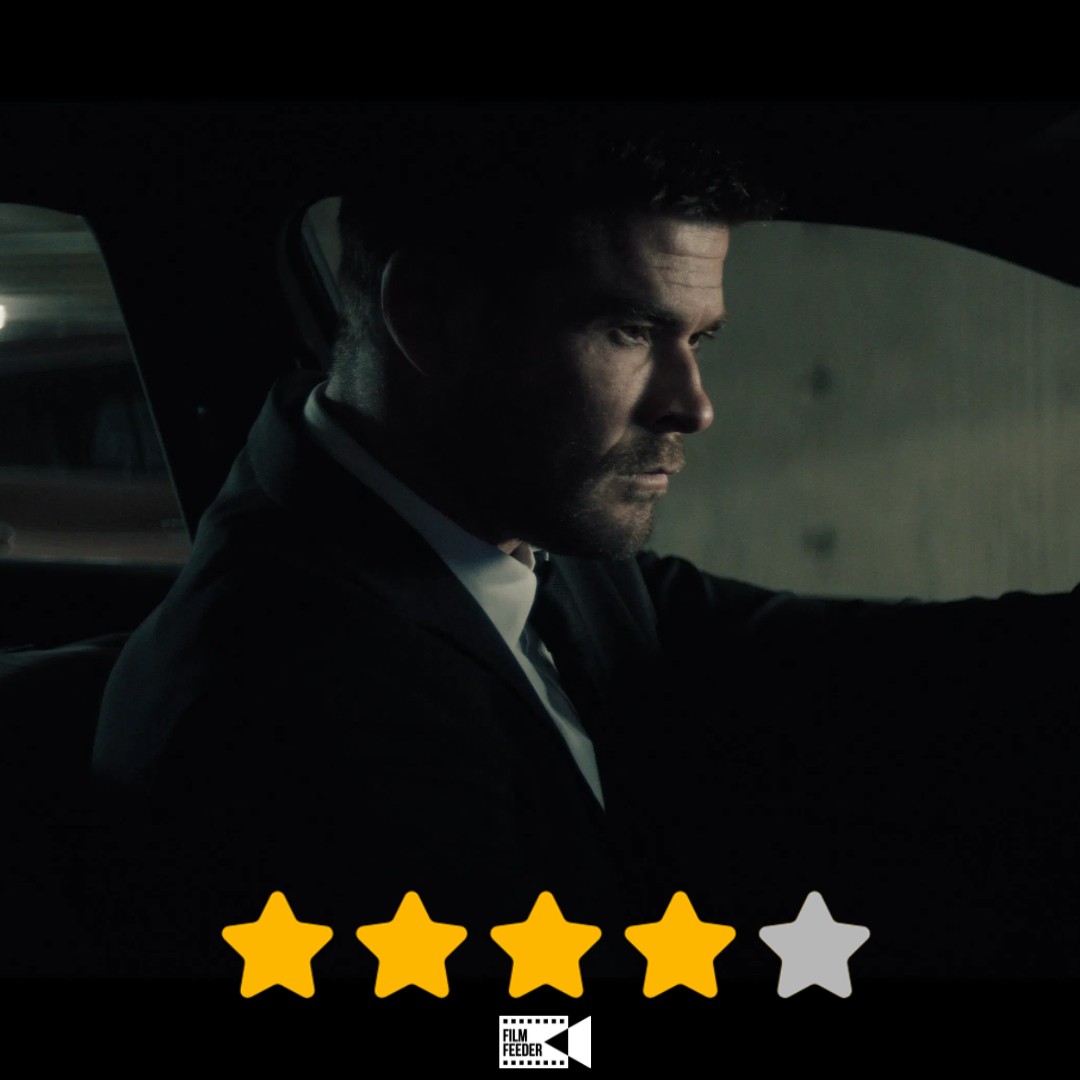
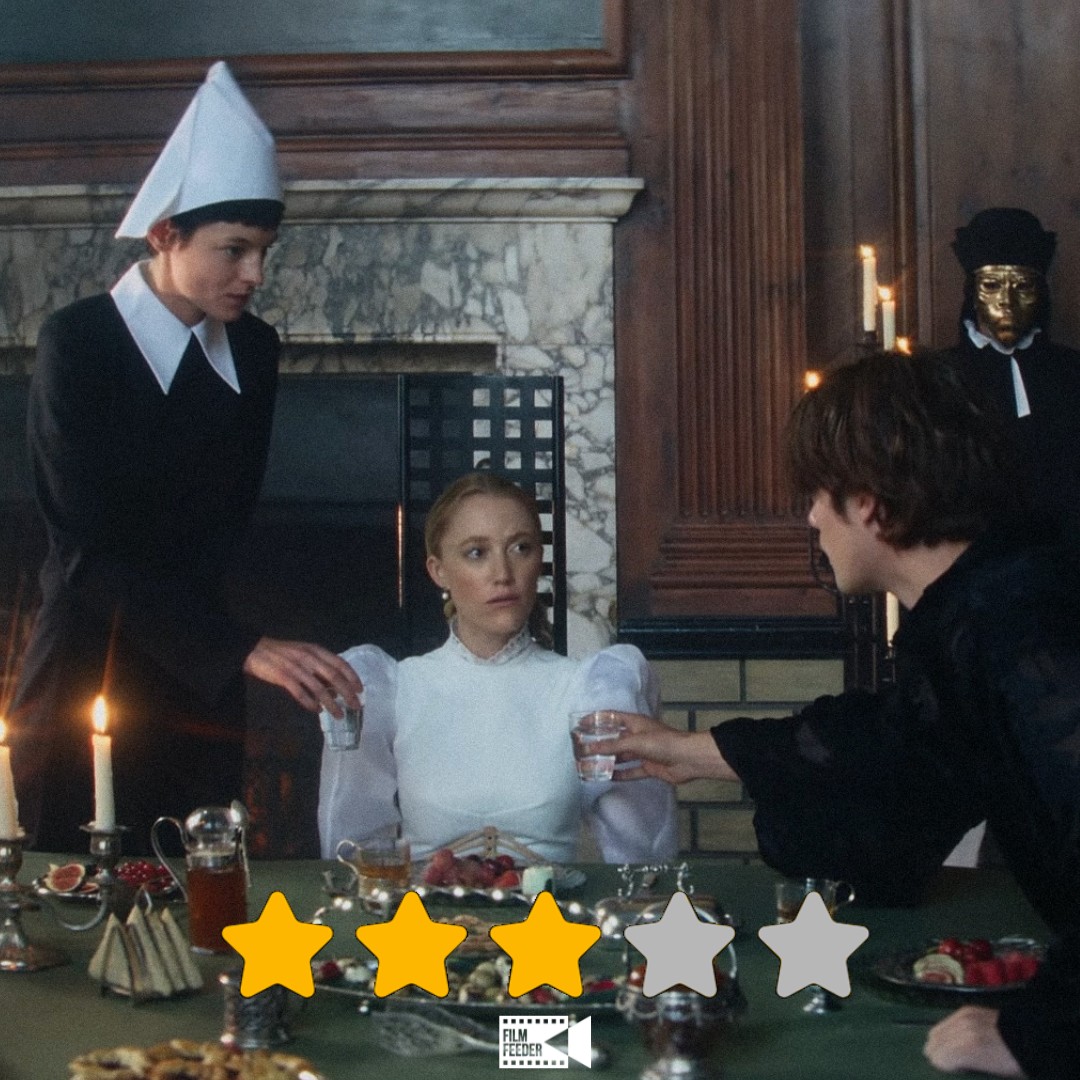


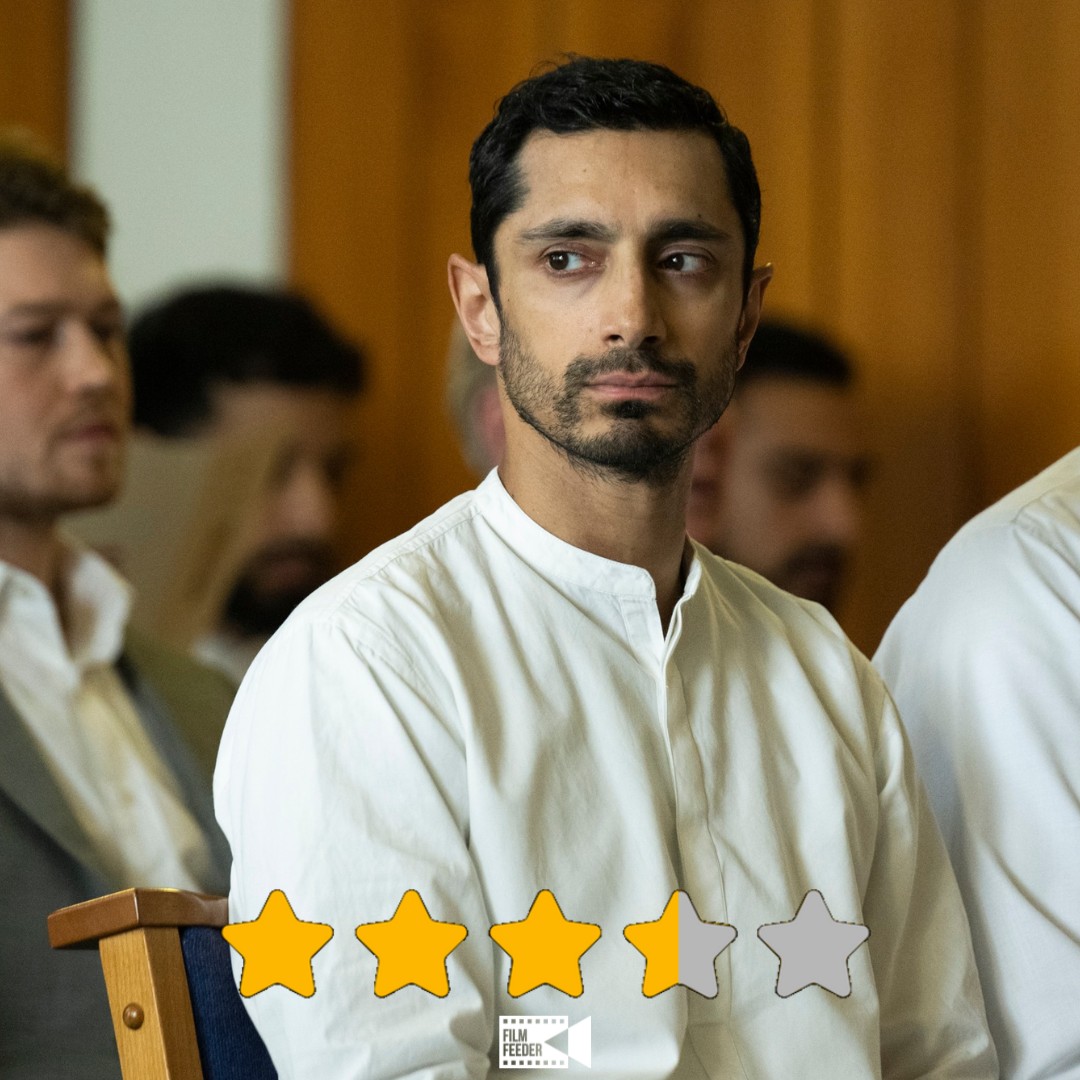
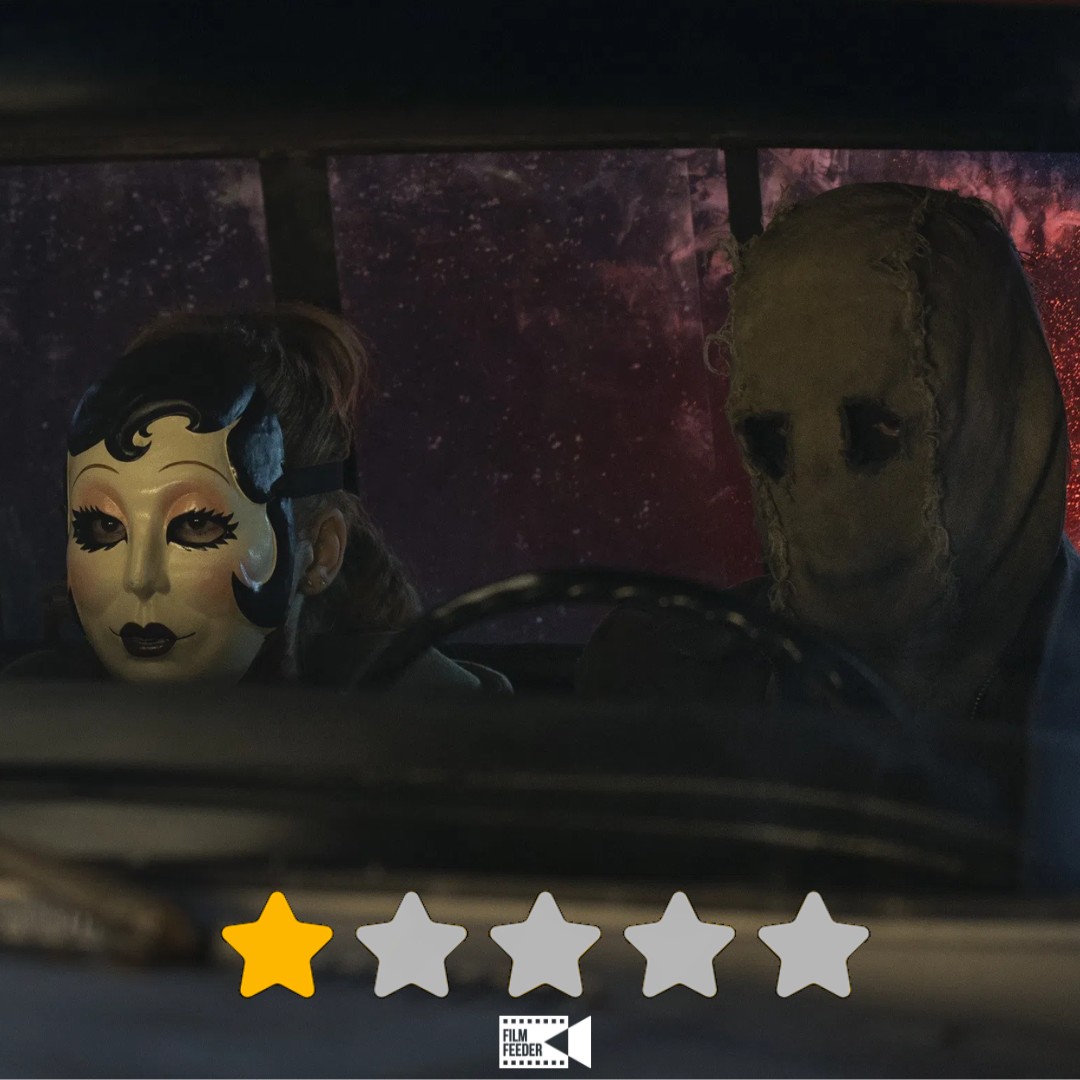


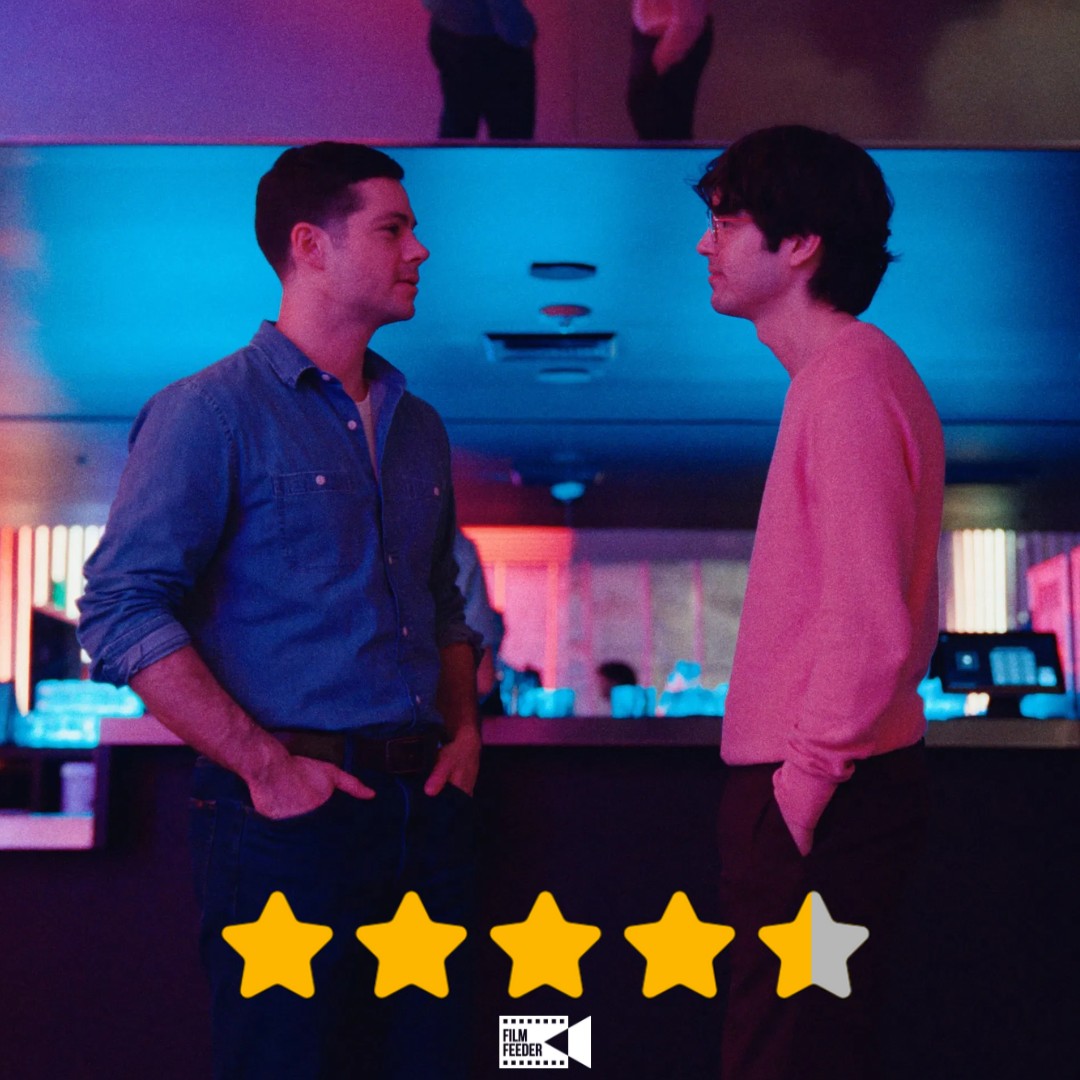
0 Comments